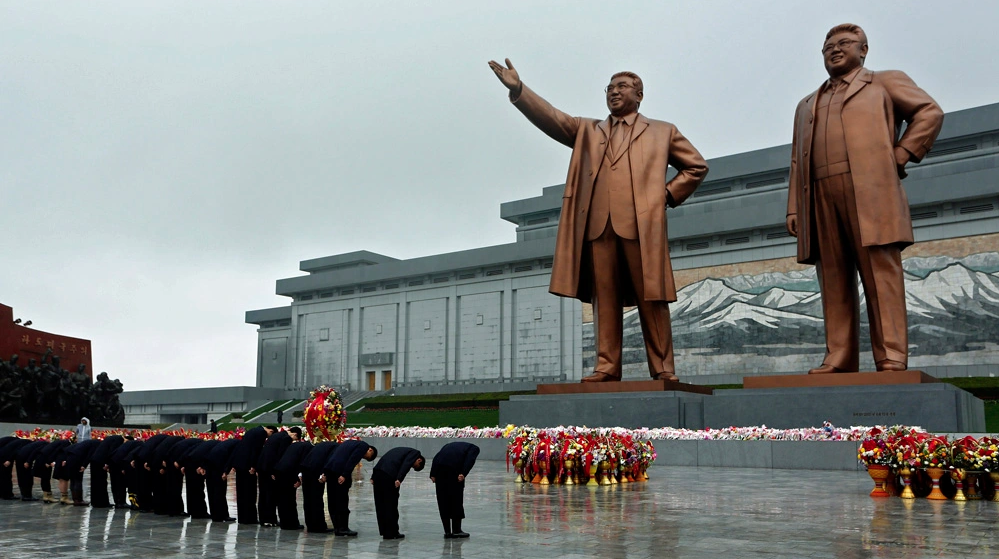Chinese spy balloon now flying over the central US, will be on the East Coast in hours lmao
Reddit uncharacteristically optimistic about the capitalist hellhole they are going to be living in.
Reddit uncharacteristically optimistic about the capitalist hellhole they are going to be living in.
Reddit uncharacteristically optimistic about the capitalist hellhole they are going to be living in.
Reddit uncharacteristically optimistic about the capitalist hellhole they are going to be living in.
Reddit uncharacteristically optimistic about the capitalist hellhole they are going to be living in.


1957: America panics over Sputnik
2023: America panics over a stupid balloon
Man, have the fascists gone soft